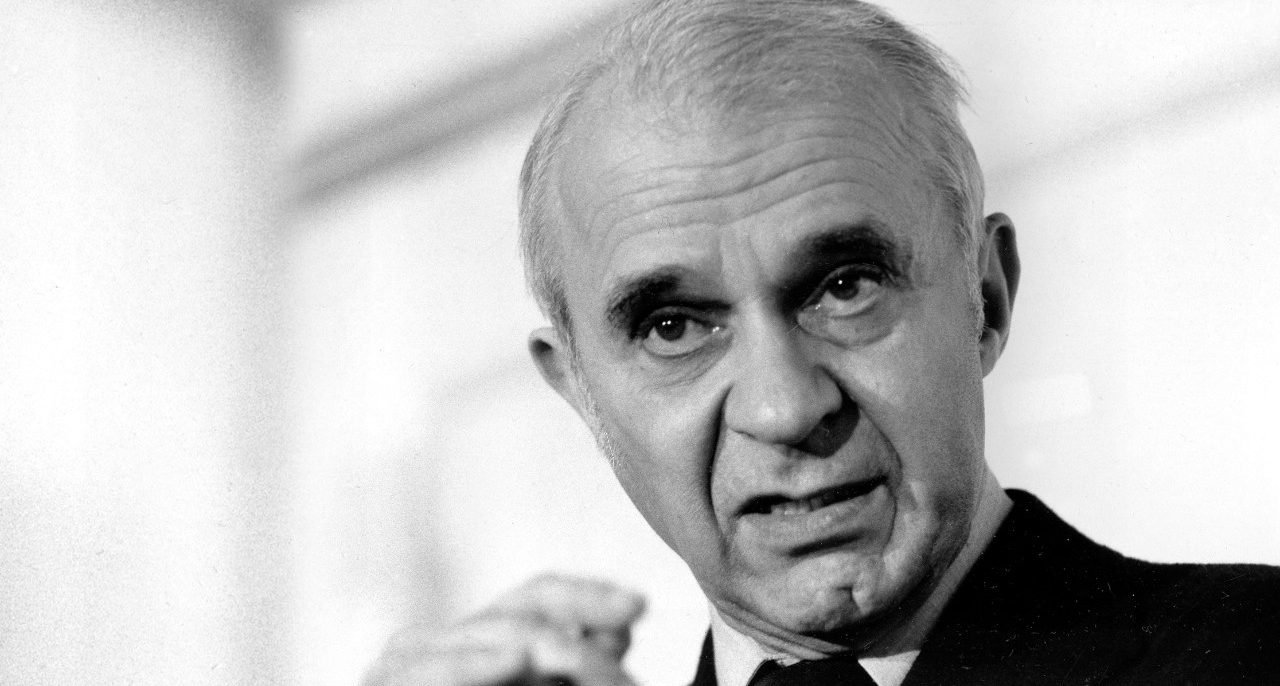Thomas Robert Malthus 101: Who is a Demographer and Economist? In our article on Zatrun.com, we will cover in detail everything you need to know about the English population scientist and political economic theorist Thomas Robert Malthus that our readers are curious about.
Who is Thomas Robert Malthus?
December February 13, 1766 – Thomas Robert Malthus was a famous English demographer and political economist who was born on February 13, 1766 and died on December 23, 1834. Although he was referred to as “Thomas Malthus”, he preferred to be known as “Robert Malthus”. He is famous for his pessimistic theories about population growth.
Malthus was born into a wealthy family and received his early education at home. He enrolled at Jesus College, Cambridge in 1784 where he studied Latin and Greek, but focused primarily on mathematics. He received his master’s degree from the same university in 1791 and then joined the Anglican clergy as a rural priest in 1797.

Malthus got married and had three children in 1804. He became the first professor of political economy in England at the East India Company College in 1805. Malthus was born with a cleft palate, and this caused him great embarrassment. A clever artist refused to have his portrait commissioned until he managed to hide the disfigurement in the painting in 1833. Thomas Robert Malthus died on December 23, 1834 and was buried at Bath Abbey in England.
Thomas Robert Malthus’s Theory of Population
Malthus published his seminal work “An Essay on the Principle of Population” in 1789, which laid out important principles for demography. He later revised this work and republished it in 1803. His ideas sparked great discussions and ignited many new debates.
According to his theory, any population under favourable conditions increases faster than the increase in the food supply, which over time leads to a decrease in the availability of food per capita.

This idea is that in the absence of any limiting factors (such as a pandemic), a population’s food supply increases while in a geometric order (2, 4, 8, 16, 32, 64, …) is based on the premise that he grew up. in an arithmetic order (1, 2, 3, 4, 5, 6, …). This discrepancy leads to the death of some individuals in the population. Because of these ideas, Malthus believed that late marriage, having fewer children, and similar actions should be encouraged.
His Other Works
He also argued that the primary cause of social distress was the lower classes, and therefore population control measures should be applied to them rather than the upper classes. He opposed all kinds of social intervention and assistance programs, especially aimed at helping the poor.

Malthus’ ideas sparked intense debate throughout his life. While there are still those who defend Malthus today, there are also many critics to Malthus and Neo-Malthusians. Although the poverty and crisis they predicted for the century did not materialise, it is said that technological developments played an important role in preventing such a crisis.












